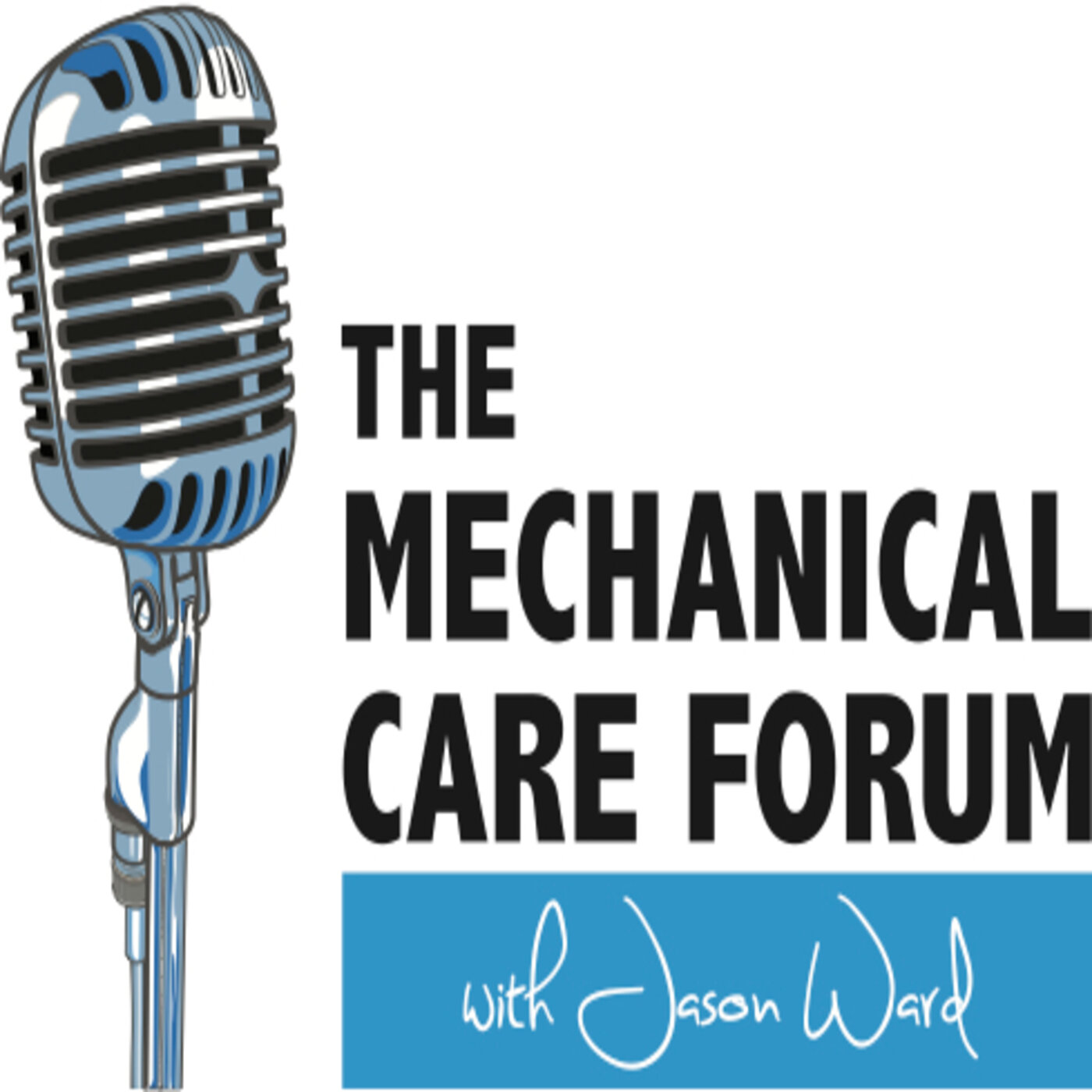Grant Watson
New Zealand | PT, Dip. MDT
SHOW NOTES
(by Jayla Hall)
(1:15)
Providers Collaborating Across Disciplines for Patient Care
As a clinical physiotherapy specialist, or an extended-scope practitioner, Grant “Wattie” Watson’s professional role is akin to a physiotherapy consultant. Watson sees patients on referral from local general practitioners or other physiotherapists. Many of these patients have received prior physiotherapy and/or have been subjected to medical imaging. As requested by these primary care providers, providers like Watson are asked to further investigate the patient’s condition(s) or otherwise refer him/her to a secondary care provider (i.e., to undergo surgical procedure, receive additional physiotherapy, be admitted into a pain management clinic, or other).
(5:13)
The Traffic Light Guide
Given Wattie’s limited time with patients, in the event that one presents with a directional preference, Wattie chooses to underscore patient education, assurance, and expectations during a session. Referring to the Traffic Light Guide, while a directional preference represents the mechanical component of the clinical presentation, Wattie is mindful of the Traffic Light Guide also reflecting the patient’s psychosocial influences (e.g., cognitive-emotional drivers of pain and disability) to ensure the patient’s compliance with the prescribed exercise and avoidance of provocative movement and postural patterns. Wattie points to the significance of motivational interviewing as a part of the therapeutic alliance.
Quotes:
“We sometimes get criticized within MDT. Critics say ‘You guys only consider the mechanics,’ which, of course, is not the case. It is a biopsychosocial model which is patient-centered.”
“By his very nature, Robin McKenzie had an extraordinary empathy with people, and [he] automatically was involved in the concepts of reassuring, empowering, and educating people.”
(8:50)
Influential Mentors
Wattie mentions Mark Laslett, Brian Mulligan, Robin McKenzie, and more influencers.
Wattie highlights McKenzie’s contributions:
The concept of patient independence;
McKenzie’s role in physiotherapy rehabilitation;
McKenzie’s approach to developing a standardized assessment and management process regarding the whole of the musculoskeletal system
(11:30)
Memorable Patient Story
Quote:
“Who’s going to walk through the door next? I don’t know if I can help [the patient]. I don’t know if [his/her condition] is mechanical or not, but come in and tell me your story.”
“Let’s see if [your history] fits a pattern that I understand, then let’s move you in a structured way and see if [the physical examination] fits a pattern. If [both are fitting]–no matter how long you’ve had your symptoms–we can find a solution. If [they’re] not a [fitting] pattern…we may need to do more testing [and/or] look for other solutions, [as] we cannot classify [the patient within] one of our syndromes.”
(19:35)
Clinical Analogies to Clarify MDT Principles
(21:45)
Best Advice
(24:35)
What are you doing now for your patients’ benefit, compared to what you were doing 10 years ago?
Listening more intently;
Reflecting patients’ expectations back to them;
Meeting the patients’ need(s) when possible
(26:25)
Wattie’s Resource
Other MDT clinicians who are passionate about patient care
Quote:
“Manual therapy taught me to use my hands, and MDT taught me to use my head.”
(28:10)
Impactful Research Studies for MSK Clinical Care
Wattie considers studies concerning the following:
The reliability of the McKenzie Method;
The centralization phenomenon;
The prevalence of the derangement syndrome in patients with acute, subacute, or chronic MSK disorders
Additionally, Wattie points out Richard Rosedale’s study on the osteoarthritis of the knee:
Rosedale, R., Rastogi, R., May, S., Chesworth, B. M., Filice, F., Willis, S., Howard, J., Naudie, D., & Robbins, S. M. (2014). Efficacy of exercise intervention as determined by the McKenzie System of Mechanical Diagnosis and Therapy for knee osteoarthritis: a randomized controlled trial. The Journal of orthopaedic and sports physical therapy, 44(3), 173–A6. https://doi.org/10.2519/jospt.2014.4791
(30:45)
Which personal habit(s) contribute to your success?
Exuberance, and a passion for life!
We hope to deliver this content to the committed professional who wants to improve his/her care and we hope to do it in a way that is easily accessible, the world over, in today's technological age.
To contribute:
Give a 5-star review on iTunes;
Share EP #10 with a friend; and/or
Connect with us on the MCF Website and MCF Instagram page!
Thanks for your support!

